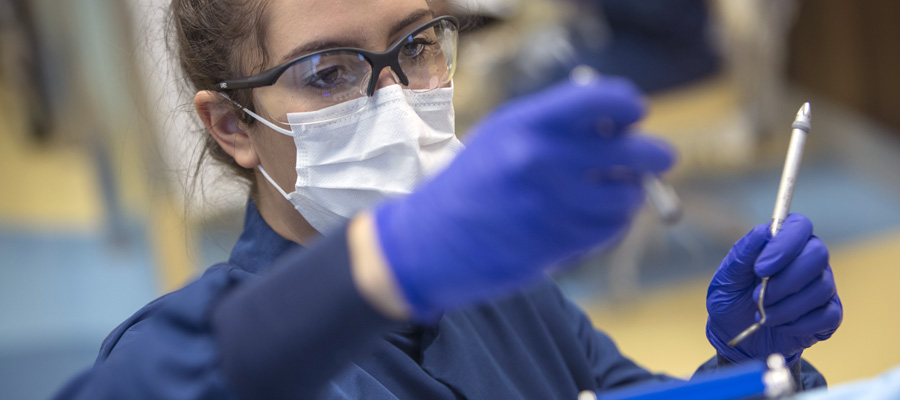National Board Dental Hygiene Examination (NBDHE)

What is the NBDHE?
The National Board Dental Hygiene Examination (NBDHE) is a written exam used to assist state boards in determining the eligibility of dental hygienists seeking licensure to practice dental hygiene. The NBDHE is intended to fulfill or partially fulfill the written examination requirement, but acceptance of National Board Examination results is completely at the discretion of the individual state. A state can place any limit on acceptance of NBDHE results that it deems appropriate. For example, some states accept National Board Examination results only if earned within the last five to 10 years. The National Dental Hygiene Board Exam is administered by the Joint Commission on National Dental Examinations (JCNDE)
Career outcomes
The NBDHE assesses comprehension of biomedical, dental, and dental hygiene sciences and the ability to apply such knowledge in a problem-solving context.
Who is eligible to take the NBDHE Exam?
Candidates are eligible if they fall under one of the five qualifying provisions:
- Dental hygiene student (with approval from program director of a CODA® approved program)
- Dental student (with approval from the dental school dean)
- Dentist
- Graduate of a nonaccredited program (with certain provisions)
- Graduate of an accredited program
Exam overview
The NBDHE Exam is pass/fail and consists of 350 multiple-choice examination items. The dental hygiene board exam consists of discipline-based and case-based portions.
The discipline-based portion includes 200 items covering three topic areas:
- Scientific basis for dental hygiene practice
- Provision of clinical dental hygieneservices
- Community health/research principles
The case-based component includes 150 items that refer to 12 to 15 dental hygiene patient cases.
Case-based items address knowledge and skills required in the following:
- Assessing patient characteristics
- Obtaining and interpreting radiographs
- Planning and managing dental hygiene care
- Performing periodontal procedures
- Using preventive agents
- Providing supportive treatment service
- Professional responsibility
For more information on the national dental hygiene boards, visit the American Dental Association.
Are you interested in becoming a dental hygienist? Check out our Dental Hygiene program!
We’re ready when you are
- Enrollment is hassle-free, and it’s easy to get started.
- Financial aid is available, and we’re still accepting applications.
- You will find comprehensive support services that will get you through college and into a great career.
- We are veteran-friendly, and we understand and respect the needs of veteran students.
- If you want to transfer in credits, Admissions can typically review your unofficial transcripts of prior learning in less than one business day.
Contact us today!
- Phone800-889-3282
- ApplicationApply Now
- Emailbdaley@goodwin.edu
